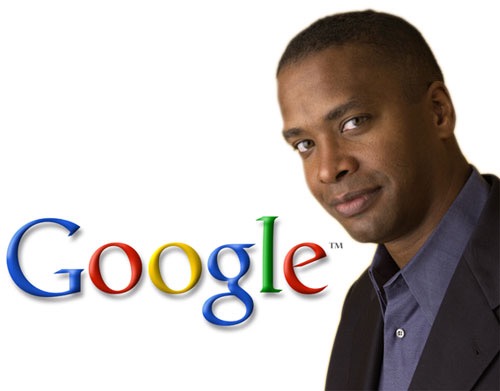By Ellen McGirt @ellmcgirt
I’ve spent the better part of the last two months reporting two stories for Fortune’s upcoming diversity issue, one of which has gone live today.
The first feature took me into the hearts and minds of some extraordinary Google employees who are working to capitalize on the tremendous service the company did the tech world when it released its employee diversity numbers in 2014. They’re from different parts of the company, some in tech, some not; some, like senior vice president of corporate development and chief legal officer, David Drummond are high-ranking, others just starting out. But they’re all part of a growing group of people working separately and together to make inclusive practices a new normal inside the company – all while holding senior leadership accountable. And they’re doing an extraordinary job making it easier for all Googlers to have the difficult conversations about race and the world that helps break down barriers while creating better products.
The company’s hegemony in search has laid the foundation for an incredible business built on ad sales. Alphabet, the parent of Google, last year ranked No. 36 on the Fortune 500, with some $75 billion in sales—up from No. 92 and $29 billion just five years earlier. According to estimates from S&P Global, Alphabet will report more than $19 billion in profit for 2016 on $89 billion in revenue.
Google has vanquished all challengers in search over the years—sorry, Yahoo and Bing—through the consistent refinement of its algorithmic wizardry. As the world around the Googleplex shifts, so must its products adjust to keep its otherworldly ability to serve up the correct information.
Recently, however, the company has identified a lingering problem that needs fixing: For a company built on delivering the rich diversity of human experience, the tech titan is not itself a diverse place to work—and it’s moving to change that. Google has decided to search its soul.
I have a trove of additional materials from interviews with employees and outside experts that I’ll be making available online over the next few weeks, much of which contains real fodder for anyone who cares about inclusive leadership. I also learned a lot and had to confront some painful biases of my own. (More on that another time.)
But I left the reporting process surprisingly energized and hopeful, a welcome change from all the divisive news of late. It means something that the conversation about inclusion is happening at such high levels and in such high toned places. And although there is no way to predict now which efforts will raise all the boats, one thing is true: We’re all going to be better for the effort.





Recent Comments